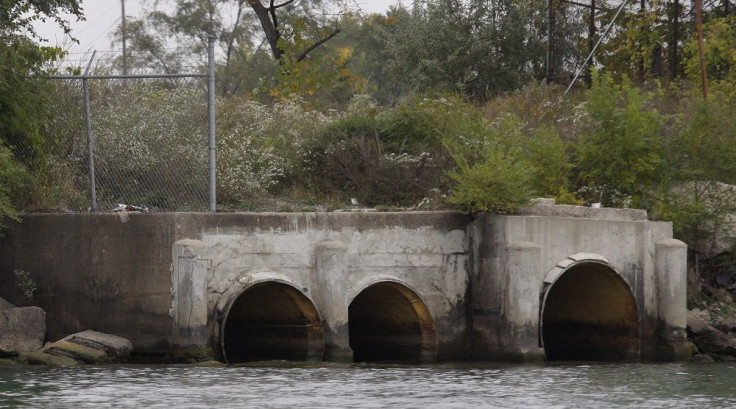Keeping America’s Sewers Clean

Hudson River-focused non-profit organisation Riverkeeper reported that more than 27 billion gallons of raw sewage and polluted stormwater out of 460 combined sewage overflows (CSO) are discharged into New York Harbor every year. “This extraordinary degree of pollution imposes steep environmental, human health, and economic costs. CSO discharges, in addition to preventing safe recreation, impair navigation and damage fish habitat,” the group wrote on its Eeb site.
When it rains hard, sewage and rainwater volume could quickly overwhelm a sewage facility’s capacity. To prevent pipeline backups into basements and establishments, the sewage system “has been designed to overflow” to get rid of the excess wastewater, noted Riverkeeper. CSO’s typically occur once per week or 70 times annually, translating to 500 million gallons of wastewater weekly.
For life sciences company Ecosciences Inc. (OTCQB: ECEZ), keeping America’s sewer system clean and clogged-free must start with educating every household on the importance of cleaning their tanks on a regular basis. Ecosciences is convinced that contaminated and ageing waterways infrastructure is a global predicament. In June, the company announced that it is working on a unique distributor network program to reach wider audiences. It is now focusing on closing distributorship deals with various industry leaders and company executives in South Africa, Mexico and New Zealand.
The company’s main product line is its Eco-logical tablets, which are capable of eliminating grease and organic solid build-up on tank surfaces and pipes. Each tablet consists of oxygen, nutrients, buffers and billions of bacterial spores per gramme that encourages the aerobic degradation of grease and solids.
“The same as dropping a lemon wedge in a garbage disposal to freshen it,” a company official explained how the tablets work. “When applied regularly, our tablets effectively breakdown existing grease and prevent further solids formation.”
Last month, New York City filed a lawsuit against various “flushable wipes” manufacturers after spending millions of money on clearing used wipes from the city’s sewer lines. The city waste management director revealed that the local government spent $18 million in five years unclogging “flushable” wet wipes from the sewer system. This money has become an additional burden to the country’s worsening problems on water system deterioration and contamination.
Many journalists across the globe suggest that the recent “flushable wipes” scandal affecting New York and other US cities is a clear indication of human’s nonchalance, if not ignorance, over the country’s water system predicaments. According to a study conducted by the Johnson Foundation, the country could face severe water cuts and unreliable service if the government does not put serious efforts in modernising and reinventing its systems.
To contact the writer, email: vittoriohernandez@yahoo.com





















